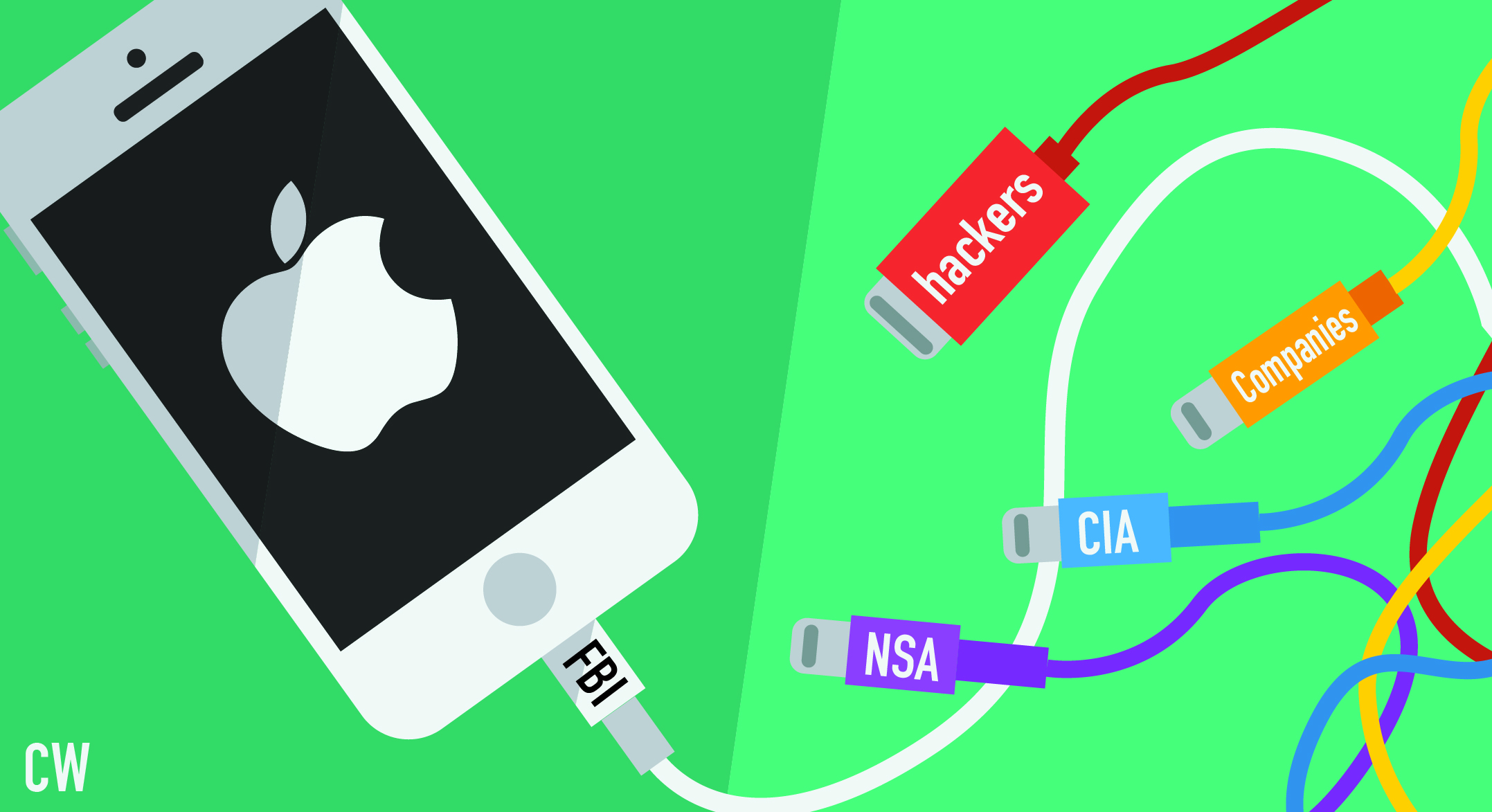HELEN SMITH
Opinion Writer
smithhe@plu.edu
The big news in the tech industry this week has to do with Apple once again. However, it’s not the iPhone 7 that’s making waves, unfortunately. The FBI is taking Apple to court for trying to get information from one of the San Bernardino shooters’ iPhones.
The FBI fears that the iPhone in question has a privacy feature that deletes all of the information off of the iPhone after too many failed passcode attempts. To avoid deleting information that may help the FBI, they asked Apple to provide a way to get the information off, bypassing the privacy feature.
This is where all the controversy lies, Apple and many of their customers fear this will blow the hinges off all of Apple’s privacy features, which is a big selling point for the company. Apple doesn’t even currently possess the technology to do such a thing, according to the company itself. Many feel that taking the time to develop such a thing would damage the sanctity of iPhone privacy. However, I happen to think that there are much bigger things at stake.
I’ll admit it. I think that breaking into the iPhone is the right thing to do. Those opposed to breaking into the iPhone make it seem like this is an assault to the privacy of the Average Joe, but I have an issue with the idea.
After Apple creates this backdoor into iPhones, then it will be used to steal all the information of the iPhone wielding population. It’s too much of a slippery slope to go from getting a former terrorist’s information to hacking into a random person’s iPhone to take a peek at their high score on Angry Birds.
The idea that all the information stored on iPhones is put at risk because of this one situation seems way too self important. I have an iPhone, and I’m not afraid that after the FBI is able to access this one phone they’ll show up on my doorstep, seize my phone and go through the secret stash of memes that I have saved.
I would say that there’s nothing to worry about if people don’t have anything to hide, but I don’t think hiding is what this is about either. I just don’t agree with the idea that after this one iPhone is broken into one time, it will be a field day on all iPhone users’ information. No one has anything to hide because nobody is going to come looking.
Apple’s attitude about this situation is also something that I can’t get behind. The current Apple CEO, Tim Cook, said the FBI’s request would set a “dangerous precedent that threatens everyone’s civil liberties,” according to the FinancialTimes.com. It would be interesting for him to describe exactly what precedent he is expecting this event to set because it sounds like he assumes the iPhone is the last thing between the general population and the beginning of the realization of George Orwell’s police state in “1984.”
Apple is blowing the cost of breaking into a single iPhone way out of proportion and hardly paying attention to the benefit. An assumption that Apple seems to be holding on to and basing their decisions off of is that measures like this don’t come with any sort standard.
Although there’s no official rules declaring when not to break into previously unbreakable private stores of information in a federal investigation, I think it’s safe to assume that in this case of a terrorist attack, one which killed 14 people, figuring out how this happened is good enough reason to start looking for answers in new places, like a locked iPhone.
It’s also not safe to assume that a situation like this won’t come up again. Terrorists aren’t going to wait until the government and the technology industry have come up with policies to deal with situations like this before they storing their information and contacting people in ways which haven’t been done before, creating more situations like this one.
This is just one issue of the many that are sure to come out of the hyper-evolving world of technology, and both sides need to find ways to compromise.

















